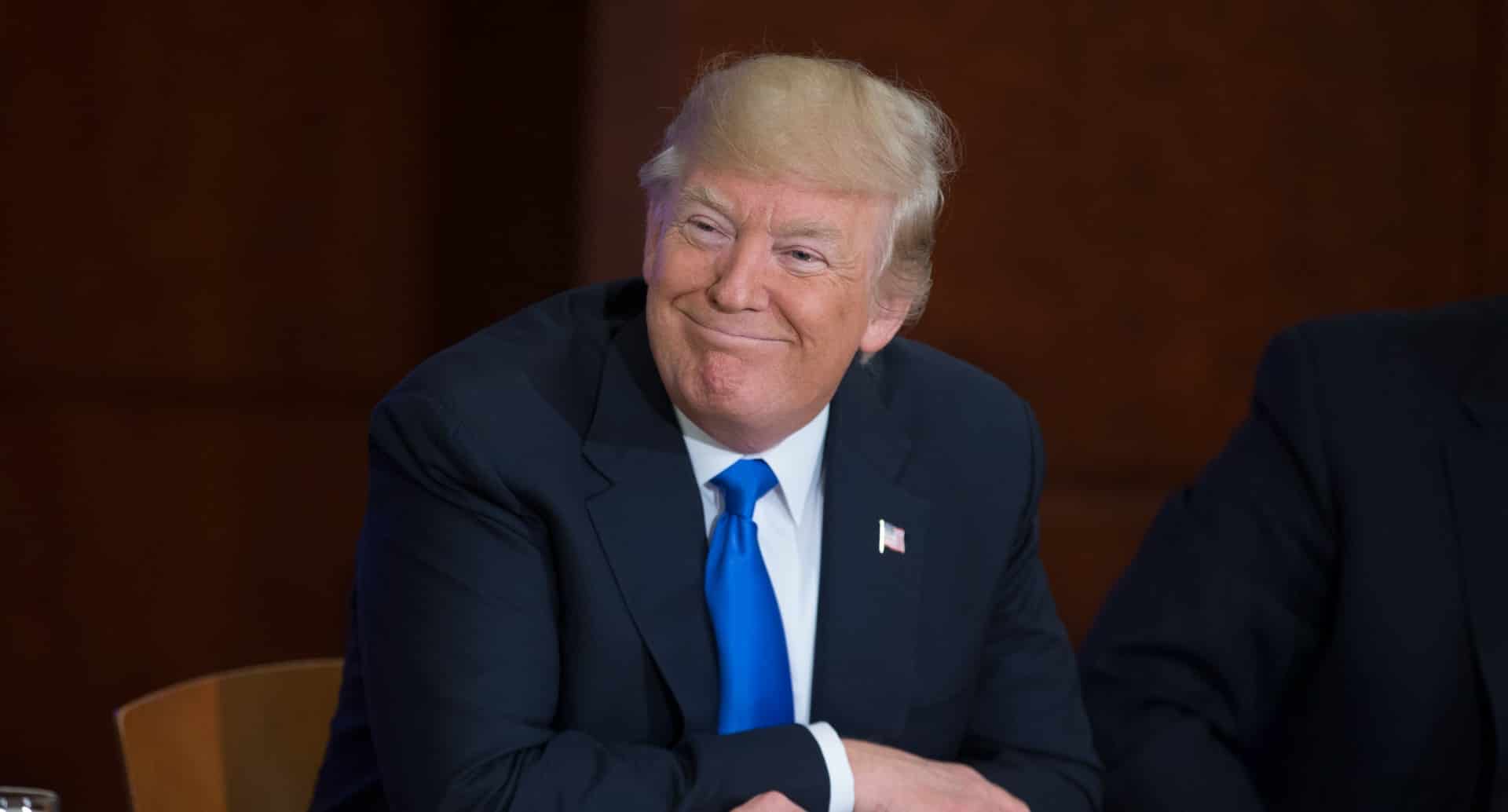OPINION: This article may contain commentary which reflects the author's opinion.
The Washington Post has published a piece post-midterm elections that once again clears former President Donald Trump’s name and reputation.
Reports for months prior to Election Day claimed that Trump might have been conducting nefarious business activities with classified documents he reportedly took with him after he left the White House in January 2021 and which formed the basis for the FBI’s unprecedented raid on his Mar-a-Lago home in early August.
On Monday, the Post reported that federal investigators “believe former president Donald Trump’s motive for allegedly taking and keeping classified documents was largely his ego and a desire to hold on to the materials as trophies or mementos.”
“As part of the investigation, federal authorities reviewed the classified documents that were recovered from Trump’s Mar-a-Lago home and private club, looking to see if the types of information contained in them pointed to any kind of pattern or similarities, according to these people, who spoke on the condition of anonymity to discuss an ongoing investigation,” the Post continued.
“That review has not found any apparent business advantage to the types of classified information in Trump’s possession, these people said. FBI interviews with witnesses so far, they said, also do not point to any nefarious effort by Trump to leverage, sell or use the government secrets,” the report noted further.
“Instead, the former president seemed motivated by a more basic desire not to give up what he believed was his property, these people said,” according to the outlet.
Exclusive: Federal agents believe former president Donald Trump’s motive for allegedly keeping classified documents was largely his ego and a desire to hold on to the materials as trophies or mementos, according to people familiar with the matter. https://t.co/HQNtRMChJ3
— The Washington Post (@washingtonpost) November 14, 2022
Sources who spoke to the Post, however, “cautioned that the investigation is ongoing, that no final determinations have been made, and that it is possible additional information could emerge that changes investigators’ understanding of Trump’s motivations.”
“But they said the evidence collected over a period of months indicates the primary explanation for potentially criminal conduct was Trump’s ego and intransigence,” the report added.
Last month, presidential son Eric Trump revealed that FBI agents who raided his father’s estate searched his safe — but it was empty.
The 45th president’s son said that the safe was “empty” and that over two dozen FBI agents were involved in the raid. He also said the raid was to find documents that should have gone to the National Archives.
“Nothing was in the safe,” Trump said.
Earlier, an FBI supervisory special agent has filed a revised document in federal court altering the number of documents that the bureau seized from former President Donald Trump during an unprecedented raid on his home in Palm Beach, Fla., in August.
“The additional review and recount resulted in some minor revisions to the Detailed Property Inventory,” noted the agent, whose name was redacted. “I and FBI personnel working under my direction conducted an additional review and recount of the Seized materials in order to make this declaration.”
According to The Epoch Times, the supervisory agent’s filing acknowledged that the bureau actually obtained 63 more documents or photos than previously revealed:
The revised inventory was submitted to the federal court in southern Florida on orders from U.S. District Judge Raymond Dearie, a Reagan appointee who was inserted into the case as a special master, or an independent third party to handle disputes and other matters.
Dearie ordered a government official “with sufficient knowledge of the matter” to submit a declaration or affidavit stating whether the detailed property inventory released on Sept. 2 “represents the full and accurate extent of the property seized from” Trump’s home in August when FBI agents executed a search warrant there.
The supervisory agent noted in the filing that he or she leads a squad of FBI agents and intelligence analysts conducting investigations into the potential mishandling of classified or national security information.
Previously, the FBI claimed that agents removed 33 boxes of information and documents from Trump’s Mar-a-Lago estate.
The filing came after U.S. District Judge Aileen Cannon, who was appointed by the former president, struck down a ruling by Special Master Raymond Dearing, which said that Trump must provide any “final” objections or arguments regarding the seized documents from the unprecedented raid.
